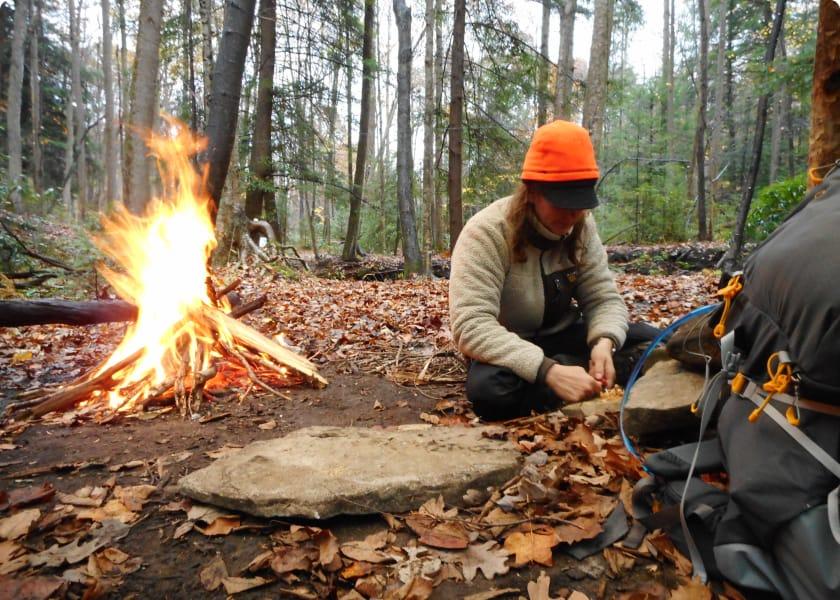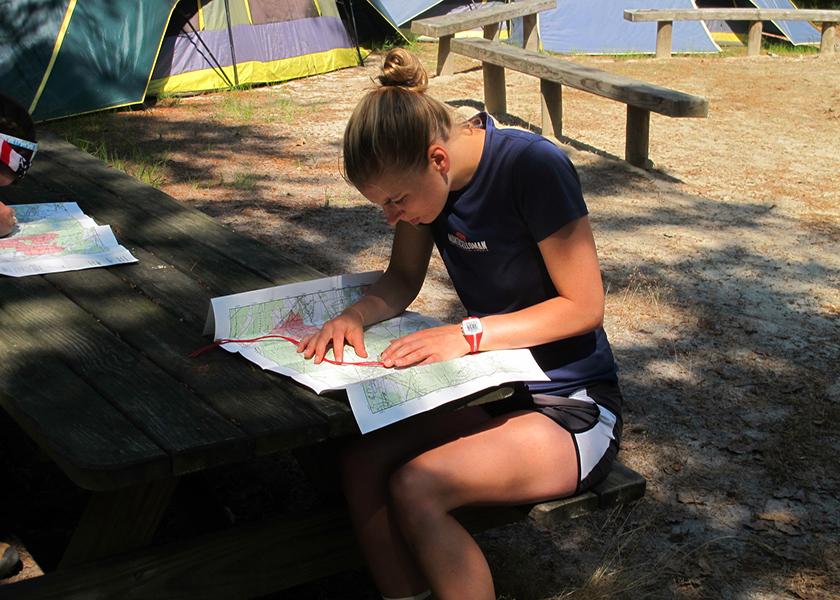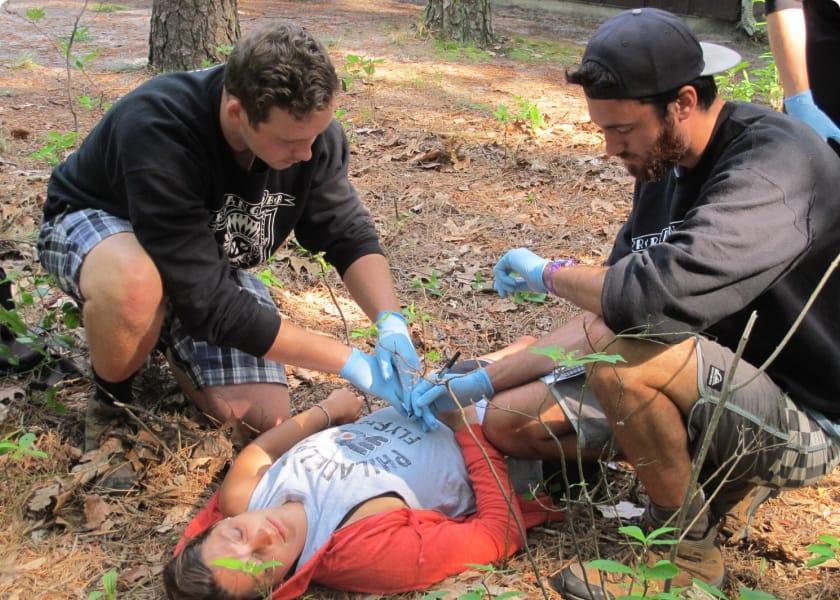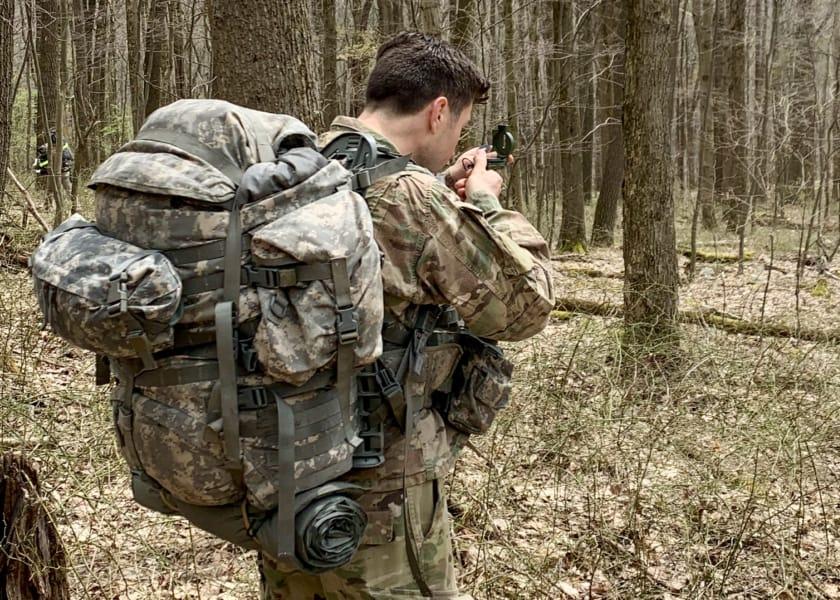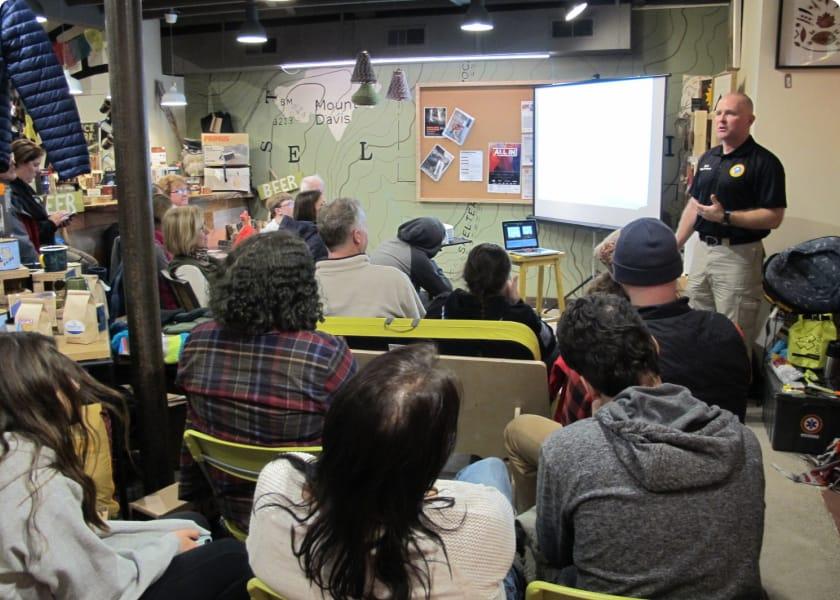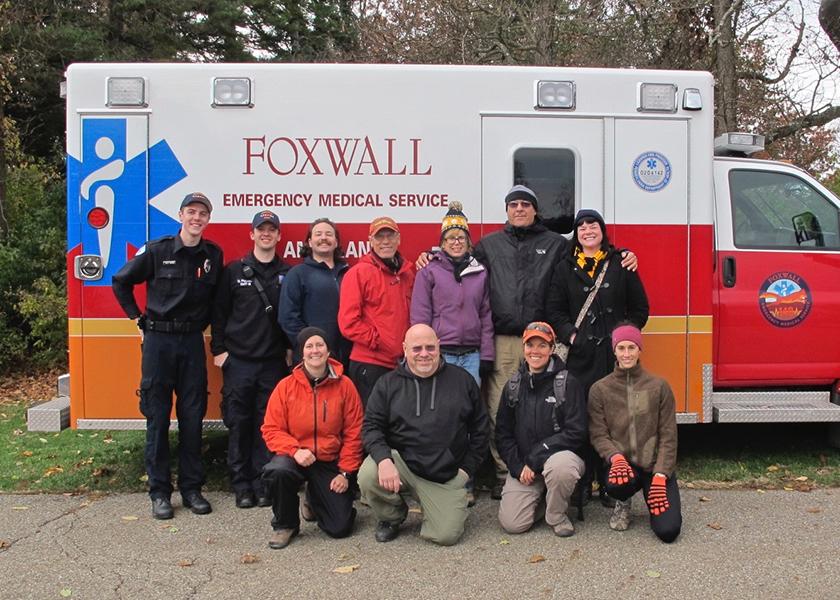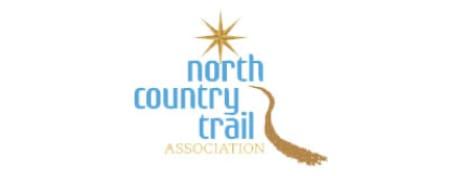Confidence is built.
Explore Courses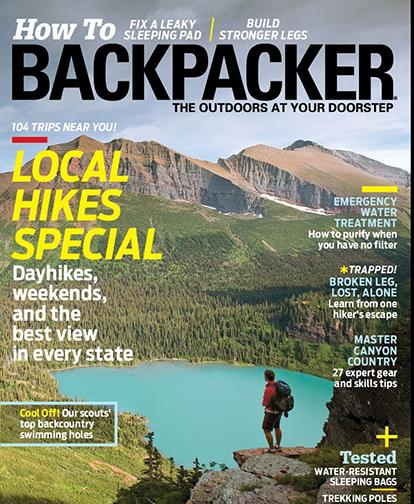
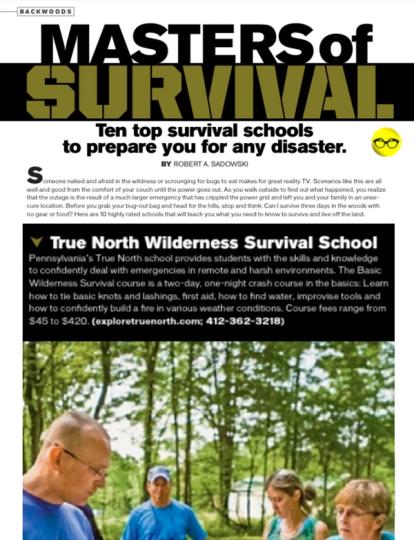
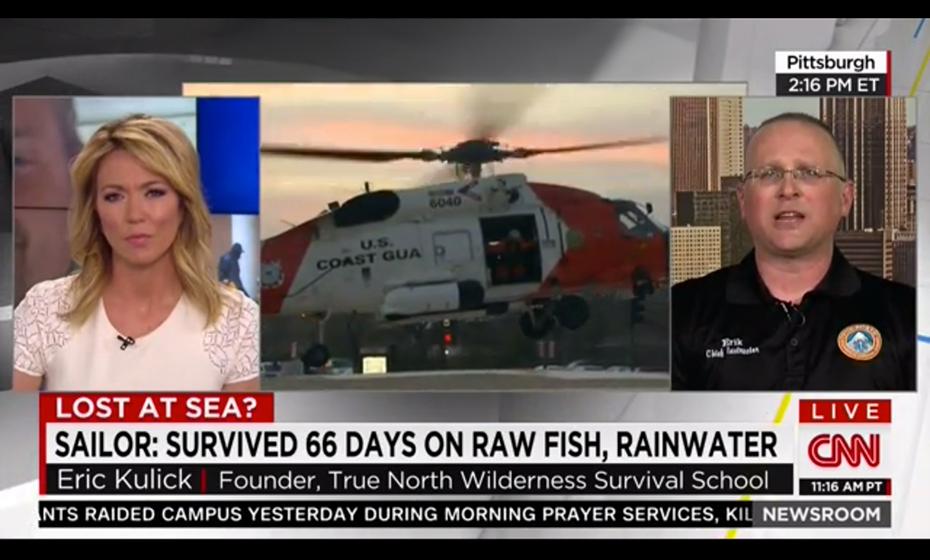
We equip you with the skills and knowledge that develop sound judgment — so you can achieve your goals outdoors.
True North is consistently ranked among the top outdoor skills training organizations in the United States. Our work has been featured in Backpacker, the Associated Press, CNN, and other national and international media outlets — recognition that reflects both the quality of our instruction and the trust our clients place in us.
Our core programs focus on survival, wilderness medicine, and land navigation — designed for individuals of all backgrounds and experience levels. We train hikers preparing for their first backcountry trip, outdoor enthusiasts refining advanced skills, youth leaders, SAR teams, emergency medical responders, and service personnel who must reliably perform in demanding, high-consequence environments. At every level, the objective is the same: to develop the judgment and confidence to stay safe, help others, and act decisively when it matters.
Many of our courses are available as private instruction for individuals, groups, and organizations, and can be tailored to meet specific goals and operational needs. Clients routinely travel from across the country to train with us — drawn by the depth and consistency of our instruction.
Based in Pittsburgh, we conduct training across a diverse range of county and state lands throughout southwestern Pennsylvania — providing real-world environments where skills are learned the way they are meant to be applied.
Training Courses
We offer a wide range of introductory and advanced courses in survival, land navigation, and wilderness medicine, as well as specific trainings for members of the U.S. military.

Why Choose Us?
True North has been consistently ranked as one of the top wilderness training programs in the country due to our unique expertise and commitment to client success that we bring to every course. We provide small class sizes, hands-on learning, skilled and passionate instructors, and courses for explorers at every level of experience.
Skilled Instructors
Our instructors combine significant time in the outdoors with years of experience acquired in the military, EMS, and law enforcement. We have worked with hikers, youth groups, SAR teams, and members of the U.S. special operations community.
Hands-on Learning
We believe the best way to learn and retain knowledge is to develop the skills through hands-on training and application. This is especially true in emergency situations, where training provides calm and focus.
No Experience Required
We provide wilderness survival, land navigation, and first-aid training for explorers of all experience levels -- from novice to professional responder to military. Everyone can acquire the skills and mindset needed to be confident in the outdoors.
Small Class Size
Our small class sizes enable us to focus on each individual client and ensure that they receive the instruction they need to both understand and retain the knowledge provided, ensuring that they will be able to access and harness these skills in the future.
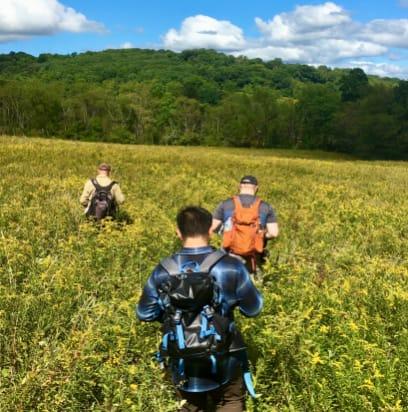
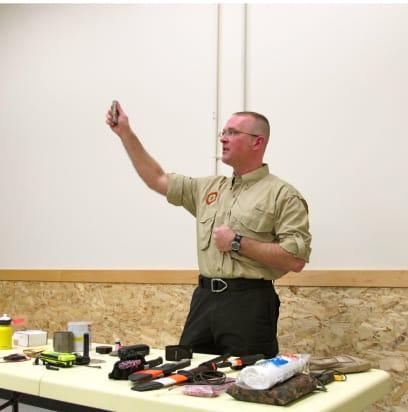
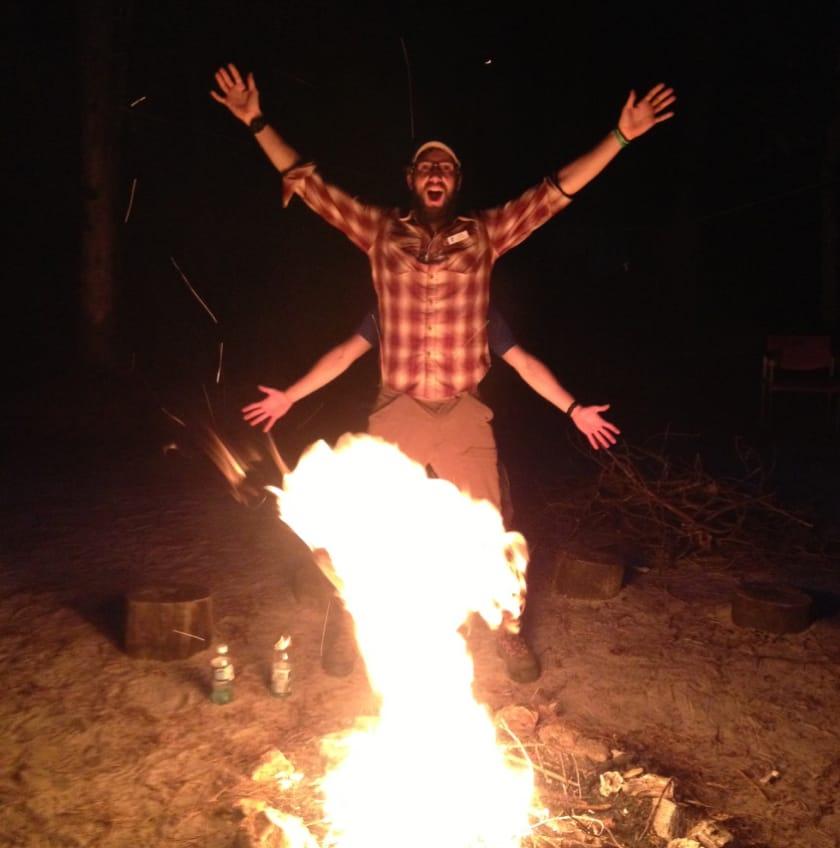

Who do we teach?
We provide survival, medical, and land navigation training to a diverse mix of individuals and organizations from all across the country so that they can explore, lead, and respond with confidence.
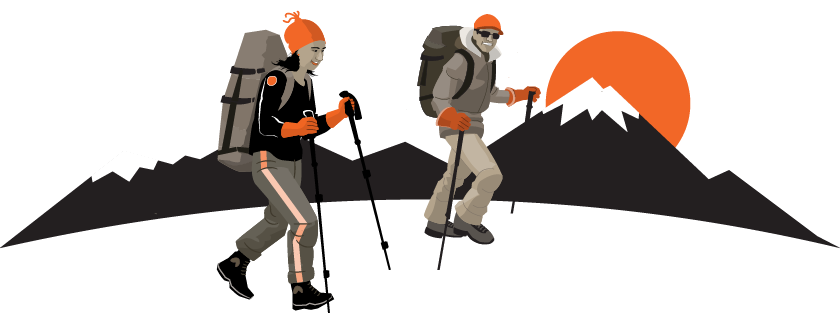
Individuals
Whether you’re an outdoor enthusiast, experienced adventurer, or professional looking to further hone your skills, we have a program suited to your needs.
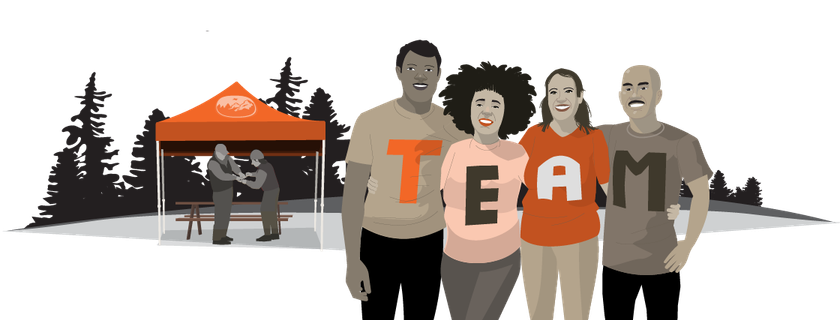
Organizations
Outdoor skills training provides an excellent opportunity for team building and leadership development for your organization.
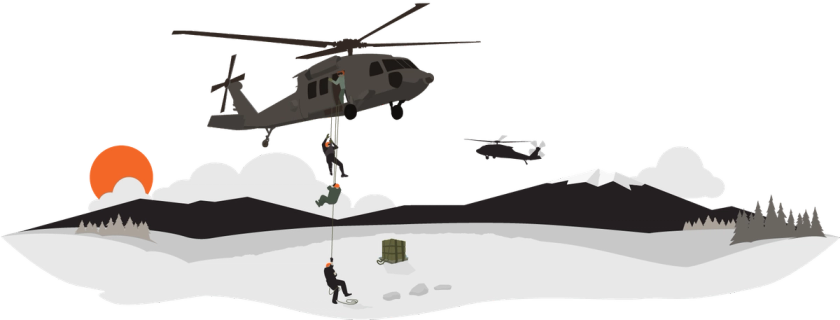
U.S. Military
Our Mil-Nav Program is specifically designed to meet the land navigation needs of military units and service personnel.

Some of our outdoor customers
True North works with a diverse mix of clients, including individuals, organizations, educational institutions, members of the military, and professional emergency responders, such as EMS, search-and-rescue, and law enforcement.
Hear what clients have to say about their experience.
Erik is excellent and his methods of teaching are spot on. He is VERY knowledgable and you will be in excellent care when taking this course.

The course absolutely met my expectations and needs. I feel significantly more confident after working with you guys. I will certainly be back to train with you again in the future.

I really appreciate your dedication to establishing the basics, no matter how complex, through your obvious broad knowledge base peppered with fun facts.

I had such a wonderful experience this weekend while taking the wilderness survival course. Taking a class like this really changes my view of my world and surroundings.

Never have I seen a man so passionate as myself in his desire to provide top-notch training and outstanding wilderness experiences to youth and adults.

I have completed several of Erik’s field courses, and thoroughly enjoyed the hands-on learning to complete a task. Best of all, Erik clearly loves teaching, and works with a big smile!



Ready for an Adventure
The great outdoors awaits you and your goals. Gain the skills and knowledge that you need to explore with confidence.


